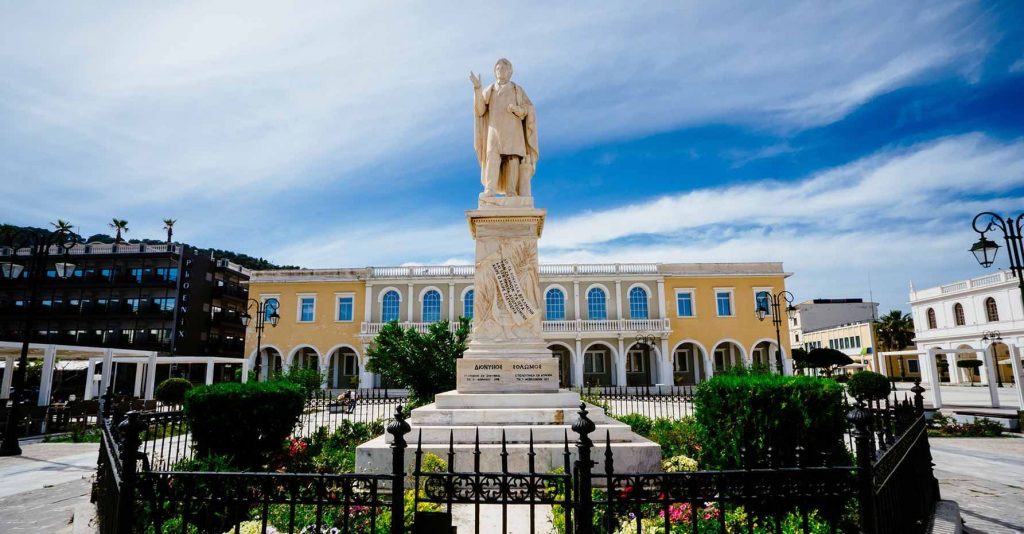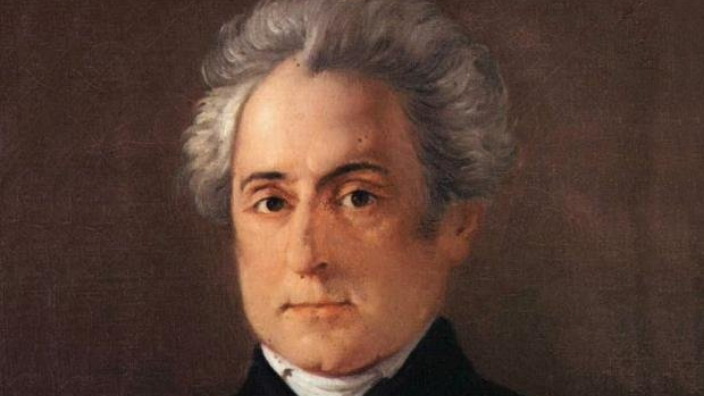Greek poet, Dionysios Solomos, is well known for writing the national anthem of Greece. But what else do we know about him? We share our top five facts.
1. His birth and early life:
Dionysios was born on April 8, 1798 the island of Zakynthos as the illegitimate son of Nicolaos Solomos, a wealthy noble. As a child, Dionysios studied under the supervision of several Greek scholars in Zakynthos before moving to Italy to study literature.
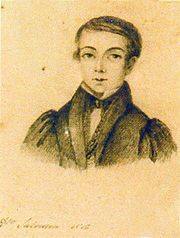
There, he met many eminent scholars who acquainted him with the works of Ancient Greek writers and philosophers namely Plato, Homer and Thucydides. It was the beginning of his glorious career.
2. Writing poems in Italian:
Dionysios initially started writing poetry in Italian. He was also acquainted with very important Italian scholars who encouraged him to immerse himself in the French Enlightenment movement.
Later, when he met Spyridon Trikoupis, who was a historian of the Greek War of Independence, Dionysios was persuaded to start writing his poems in Greek.
3. The Hymn to Liberty:
The Hymn to Liberty was written by Dionysios in May 1823, at a time of great upheaval for the Greek Revolution.
His poem consists of 158 quatrains. It is written in the Heptanese Style of poetry that originated from the Heptanese School of Literature, or literally the Literature School of the Seven Islands.x
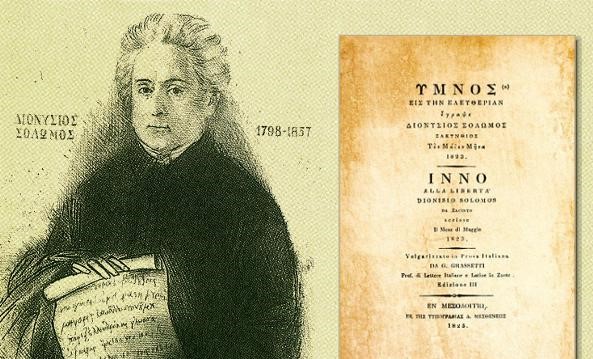
READ MORE: On this day in 1865, the “Hymn to Liberty” becomes the National Anthem of Greece.
Between 1828 and 1830, the Hymn to Liberty was set to music by the famous composer Nikolaos Mantzaros and was heard with enthusiasm at national holidays in the Ionian Islands.
Many years later, in 1865, King George I heard a version of Mantzaros’ composition by the Corfu Philharmonic Society and it made an impression on him.
This was followed by the Royal Decree of August 4, 1865, which characterised the poem as an “official national anthem” and was to be performed “by all the naval units of the Royal Navy.”
4. Difficult family life:
Between 1833 to 1838, a series of trials upset Dionysios’ life.
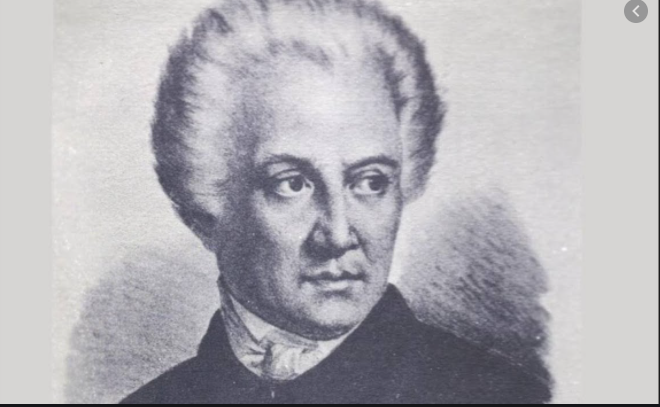
His half-brother (on his mother’s side) claimed that he was also the son of Count Solomos, asking for a portion of the inheritance. Although the result of the trial was in favour of Dionysios, his relationship with his mother was disrupted, mainly due to her attitude.
Nevertheless, the poems he wrote after 1833 are considered to be the most complete and mature of his works. His best poems are The Cretan (1833) and The Free Besieged (1845).
5. Death and Legacy:
On February 3, 1849, Dionysios was awarded the Golden Cross of the Saviour because “with his poetry he aroused the feelings of the people in the struggle for national independence.”
Dionysios died on February 9, 1857 in Corfu, from encephalopathy at the age of 59. His bones were transferred to Zakynthos in 1865 and were initially placed in a small mausoleum in the tomb of Kalvos.
